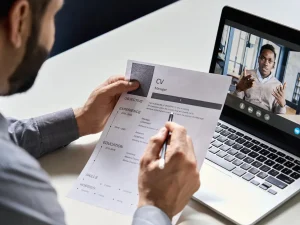This blog post is written by Ms. Ritu Sajnani & Ms. Varsha Gupta.

The type of interview you’ll have truly depends on the company and the position you’ve applied for, but candidates can typically anticipate a phone or video interview as well as a panel interview, which may be done by a combination of Senior Partners, Senior Associates and Associates.
You might be asked a variety of questions during a law job interview, ranging from general questions about your career thus far, to specific questions about the company you’re interviewing for and the law, to questions that test your abilities and competences, as well as questions about your commercial awareness. You could also be asked questions that gauge how well you handle the unexpected.
THE KNOWLEDGE AND EXPERTISE THAT THE FIRM APPRECIATES
You must first understand the qualifications that the employer values in a candidate. This gives you an opportunity to present yourself as the ideal applicant for the job. Read between the lines of the employer’s job listings to learn the talents and experience they appreciate. To obtain a sense of the kind of employees the employer seeks, you can also locate information on their career page. Additionally, speak with any present workers and find out from them what their employer values most in the workplace.
KNOW EVERYTHING ABOUT THE WORKPLACE WELL
Employees who occupy critical positions within an organization are considered its key players. The first stage is to start by doing research on the business or firm, its founders, promoters, key management, and partners. This enables you to learn more about the company, its operations, revenues, growth strategies, and future prospects. With this information, you can also pose factual queries. This will also help you identify the important actors in the organisation. You may learn more about the most recent news and updates about the organisation from this excellent source. Doing your research about the company you want to work for shows that you’re dedicated and willing to go the extra mile – two qualities which will no doubt make you a valuable asset to any team!
READ THE PROFILE OF THE INTERVIEWER
The best way to prepare for an interview is to familiarize yourself with the person who will be conducting it. By taking the time to learn about them, you’ll be able to connect with them on a more personal level and start a meaningful conversation. This will give you an advantage throughout the interview process. While it may be difficult to identify the interviewer, a little research will usually uncover their identity.
First, try to locate the person’s name in the email you received regarding the interview. If you can’t find any information, ask for the interviewer’s name in your email response to the sender. Once you have the interviewer’s name, look them up on LinkedIn. Doing this research will help you to learn more about the interviewer’s background, role within the organisation, and perhaps even some shared hobbies – all of which will come in handy during your conversation.

KNOW YOUR JOB PROFILE
It’s important to understand the role you would play if hired, and you can learn a lot about a company by doing your research beforehand. This way, you’ll be more prepared for the interview, and you’ll have a better idea of what the company does, who their clients are, and what kind of work they do. You can usually find this information on a company’s website – take a look at their services, blog, case studies, and news section to get a better understanding of their work. You can also check out their press releases and events to see what they’re up to lately. Doing your research will help you be more confident and knowledgeable in the interview process, and it may just help you land the job!
KNOW YOUR CV
Be knowledgeable about all aspects of your resume as you will be grilled on these topics during your interview. Highlight the sections of your resume that you want to emphasize the most and be prepared to speak in-depth about them. Focus on your strong points; we all have certain areas we are particularly knowledgeable about and weak points in other areas. By preparing to speak about your strengths, you will be able to avoid your weaknesses and make a more positive impression overall.
ORGANIZE YOUR PAPERWORK
Even if you submitted your application using a digital version of your resume, it’s always a good idea to carry hard copies of all your supporting documentation with you in case the interviewer requires them for quick access. Take a printout of your cover letter and CV. Place all of your significant papers, such as certificates, mark sheets, IDs, and photos, in a folder. Be sure to have them ready as well if the HR has requested that you bring any specific documents, such as pay stubs, a letter of resignation from your previous employment, or bank statements. Having all of these documents readily available will show that you’re prepared and organized, two qualities that any employer would want in their employees.
ASK THE INTERVIEWER THOUGHTFUL QUESTIONS
Most interviewers will give you the chance to ask questions and clarify any doubts you may have. During the interview, keep a note of the questions you want to ask the interviewer. Towards the end of the interview, you can ask any questions you may have about the job, the firm, or any other matter.
BE HONEST
Honesty is always the best policy! Your interviewer will be able to tell based on your answers whether or not you have strong moral principles, and this does matter in the grand scheme of things. If you don’t know the answer to a question, it’s perfectly fine to say so. What isn’t okay is trying to guess answers or just throwing random information out there in hopes that something will stick. Even though no one can be an expert in everything, it’s better for a candidate to admit their limitations and learn from them than it is for someone to try to bluff their way through an interview.
KNOW YOUR AREA OF PRACTICE
Know the legal and current events that are taking place in your field of expertise and that particular area of practice, as well as the legal theories that underpin those events.
Be familiar with the fundamentals of law; questions about the Contract Act, Companies Act, Civil Procedure Code, Arbitration Act, Registration Act, Transfer of Property Act, etc., which are all significant laws, may be asked of you. Depending on the kind of place you are applying to, the actual laws may change.The IPC, CrPC, and Evidence Act will undoubtedly be brought up if you are working with a criminal lawyer, whereas the Arbitration Act and CPC will likely come up more if you are looking for a position with a corporate litigation team. Be ready to respond to inquiries concerning legal compliances, labour and employment law, and contract law if you submit an application for an in-house legal team.
You’ll be on the right track if you concentrate on the regulations that have the greatest effects on business!
ONLINE INTERVIEWS
If the interview is conducted online, please accept the calendar invitations and install the programme on which the interview-meeting is scheduled. Please bring headphones, a quiet setting, and a backup internet connection to the interview. In case your primary internet connection stops working or hangs for whatever reason, keep a backup device nearby. Make sure your video is on during the interview so there are fewer distractions and you can connect with the interviewer more easily. Your username should be professional, and please use a professional email address as well.

CONDUCT MOCK INTERVIEWS
No matter how well you think you’ve prepared, it’s only natural to feel some level of stress or anxiety leading up to your interview. This is where mock interviews come into play – they can help you shake off some of the nerves by simulating an actual interview setting. You can ask a friend or family member to act as the interviewer, or if you’re having trouble finding someone, you can always practice in front of a mirror. For an added level of feedback, try recording the entire mock interview so you can review it afterwards and identify any areas that need improvement.








